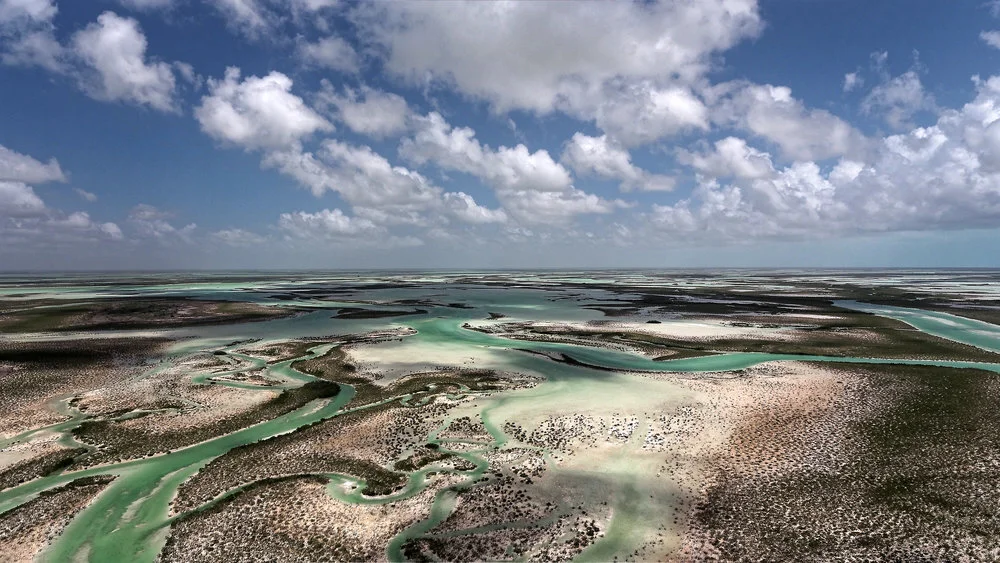Andros
HISTORY
Andros Island is an archipelago within the Bahamas, the largest of the Bahamian Islands with an area of 6000 km squared. It has three major islands: North Andros, Mangrove Cay, and South Andros that are separated by "bights", estuaries that trifurcate the island, connecting the island's east and west coasts. Andros park system is the country’s largest protected area, and includes 5 national parks, the biggest being the west-side national park established in 2002 covering 1.5million acres.
THE ISLANDS
Andros has a variety of close-to-shore and on-shore ecosystems, such as tidal inland and ocean blue holes, shallow sand and mud flats, tidal estuaries, mangrove forests, the pelagic ecozone of the 6000-foot drop-off only a mile from shore, the world's third-largest barrier reef, and huge freshwater aquifers!
Marine life
The marine biosphere is fed by both the teeming life of the mangrove marshes and estuaries on the mainland, and the upwelling cool water from the Tongue of the Ocean, resulting in an unparalleled variety of sea life. From cetaceans - dolphins (atlantic spotted, bottlenose etc) and whales (sperm, humpback, blainsville etc); sharks - lemon, nurse, Caribbean reef, tiger, great and scalloped hammerhead, blue or oceanic whitetip etc); rays (eagle, southern, manta, smalltooth sawfish) to turtles (loggerhead, green, hawksbill or leatherback), and host of coral reef and game fishes (bonefish, tarpon, mahi mahi etc).
Climate
Andros has a tropical climate with only two seasons, summer/wet (May–November) and winter/dry (December–April). Mid-summer temperatures range from 27oC-29oC/80F-85F. Winter temperatures range from 21oC-24oC/70-75F.
TRAVEL
Andros Island has four airports with paved runways: our charter would fly into Andros Town International Airport, located at Fresh Creek. This is an international port of entry for private charters. If you wish to arrive from Nassau the island is served by daily flights with LeAir which is ~20 mins.
Ecotourism
SUPPORT LOCAL
The benefits of ecotourism are diverse and can be important locally to the community and for the national economy. Jobs are created (e.g. wildlife guides, boat captain, chef, cleaner etc) and the standard of living is often enhanced as facilities are improved for guests such as roads and reliable power. Ecotourism also helps to create a better appreciation of the world’s natural resources, such as landscapes, wildlife and coral reefs. Experience of these in turn stimulates a desire to improve protection and establish national or marine parks and wildlife preserves. Importantly, ecotourism not only educates visitors about environmental responsibility, it can also help raise awareness about political and social issues in developing countries. Finally, ecotourism is a buzz word and it pushes people to adopt environmentally responsible practices, such as recycling, use of renewable energy sources, water-conservation schemes and safe waste disposal.








